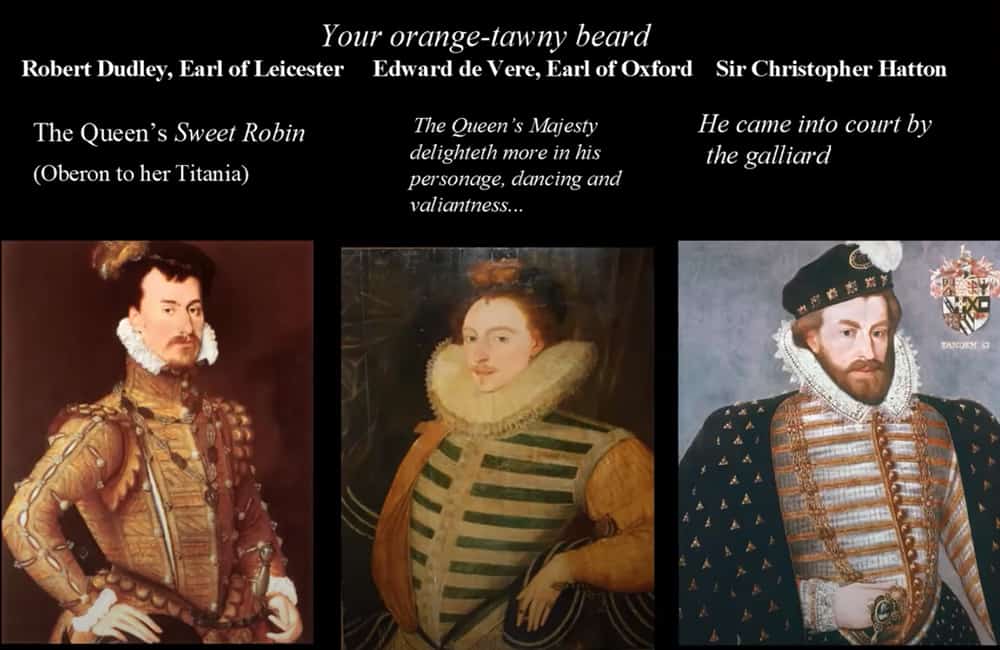Webmaster Jennifer Newton Honored With First Tom Regnier Veritas Award as Online Event Sets New SOF Record For Registration and Viewers
by Bryan H. Wildenthal
Hundreds of viewers in 16 countries around the world joined a distinguished cast of scholars on April 10 to explore the evidence that Edward de Vere, 17th Earl of Oxford (1550–1604), was the author behind the pseudonym “Shakespeare.” More than 350 people registered for the symposium, which focused on “The Shakespeare Attribution: Information, Misinformation, and Changing Opinions.”
Video recordings of the Spring 2021 International Online Symposium are now available here on the SOF YouTube channel. Details about the program and speakers may be viewed here. See also Linda Theil’s report on the Oberon Shakespeare Study Group blog.

SOF Vice President Julie Sandys Bianchi announced the first recipient of the Tom Regnier Veritas Award: SOF Website Design and Technology Editor Jennifer Newton. Please click here for more information about this new honor, which the SOF Board of Trustees created in memory of our beloved late president, Tom Regnier, who died in April 2020.
Bianchi hailed Jennifer Newton’s many years of work as the SOF’s primary webmaster collaborating closely with Tom. She described what all of us who have the pleasure of working with Jennifer know: “We are continually amazed and delighted by her brilliance, creativity, thoughtfulness, and dedication.” Jennifer also maintains her own podcast website, the “Shakespeare Underground.”
The symposium speakers include Dr. Kevin Gilvary, President of our British sister organization The De Vere Society, who spoke about “21st Century Fictional Biographies of Shakespeare.” James A. Warren, editor of the centenary scholarly edition of J. Thomas Looney’s “Shakespeare” Identified and the first collection of Looney’s articles and letters — and author of a forthcoming new book examining Looney’s impact on Shakespearean studies — discussed “The Oxfordian Movement and Academia.”
Julia Cleave’s talk, “Excellent, I Smell a Device,” was also given to the U.K.’s Shakespearean Authorship Trust. She discussed how three of Shakespeare’s comedies made sport with Queen Elizabeth’s English, French, Spanish, German, and Swedish suitors. The queen herself was daringly portrayed on stage in the guise of Titania (A Midsummer Night’s Dream), Portia (The Merchant of Venice), and Olivia (Twelfth Night).

Michael Dudley, Community Outreach Librarian at the University of Winnipeg (Manitoba, Canada), examined “The Stratfordian Belief System, Epistemic Injustice, and Academic Freedom.”

Dorothea W. Dickerman, a successful attorney, describes retracing (with her lawyer husband) Oxford’s formative Italian travels, and explains: “The First Thing We Do, Let’s Convince All the Lawyers.”
Professor Roger Stritmatter will record a full-length version of his fascinating talk, “Witty Numbers: Ben Jonson’s First Folio Jest in Context” (forthcoming on the SOF YouTube channel).
[published April 26, 2021, updated Oct. 2021]


